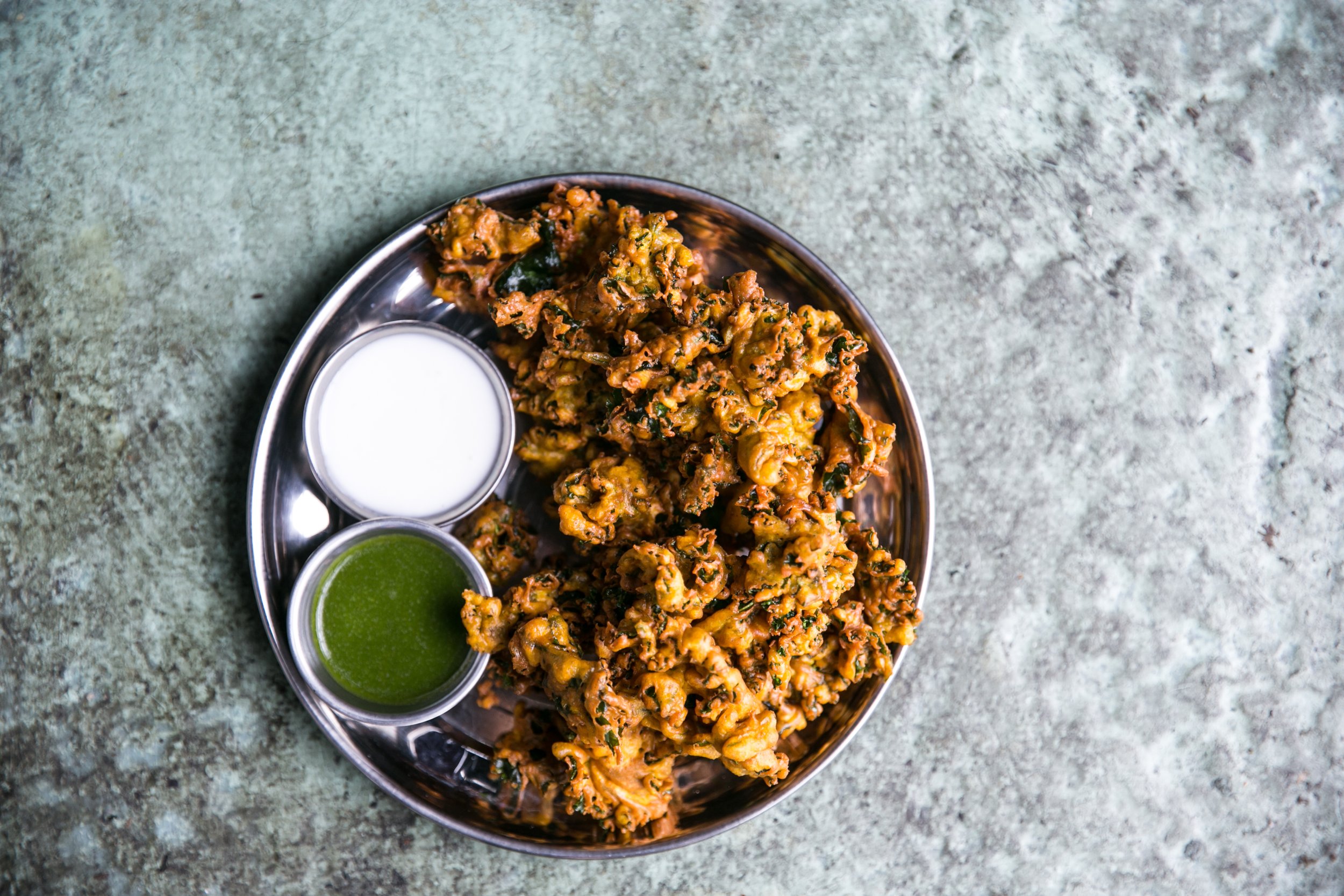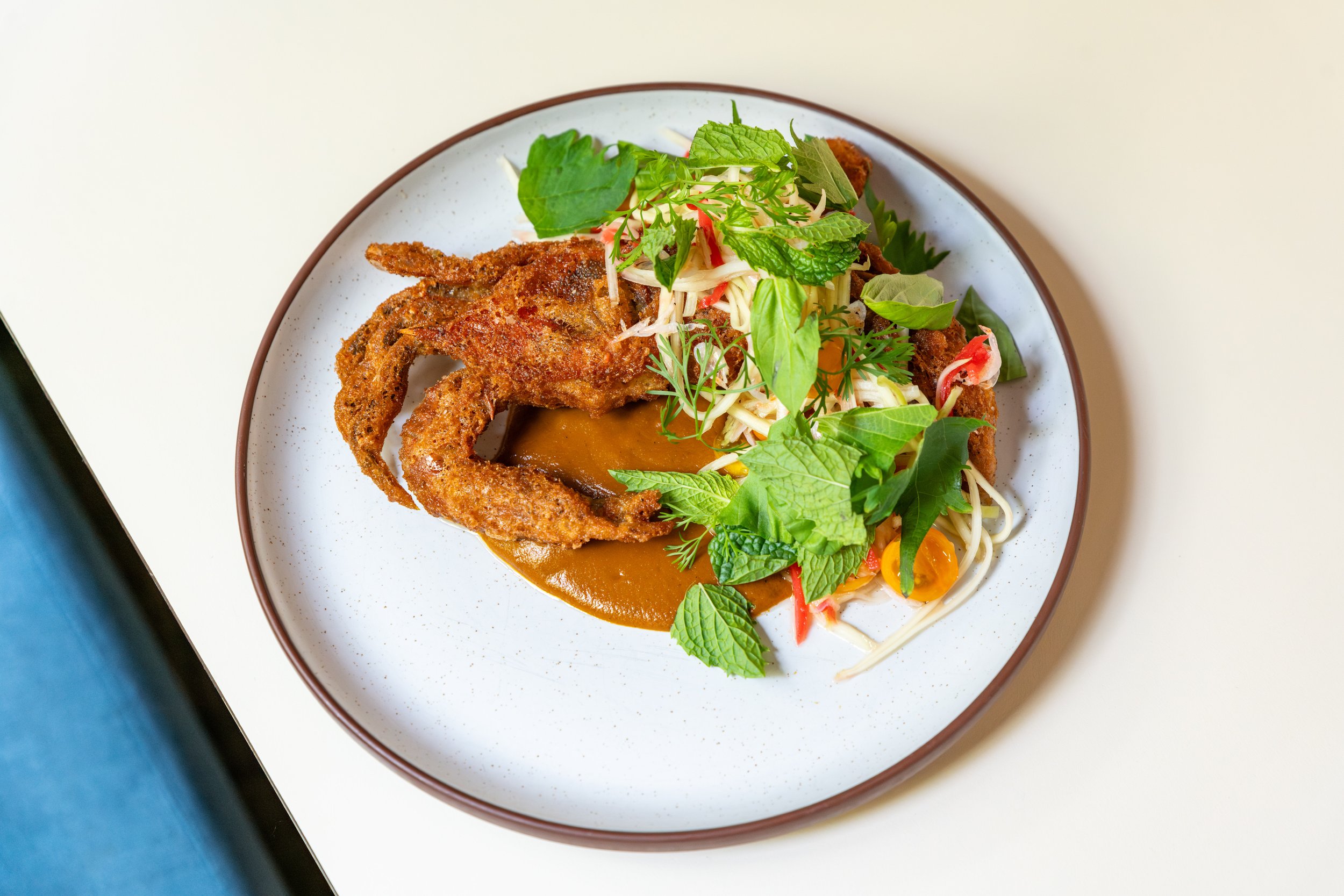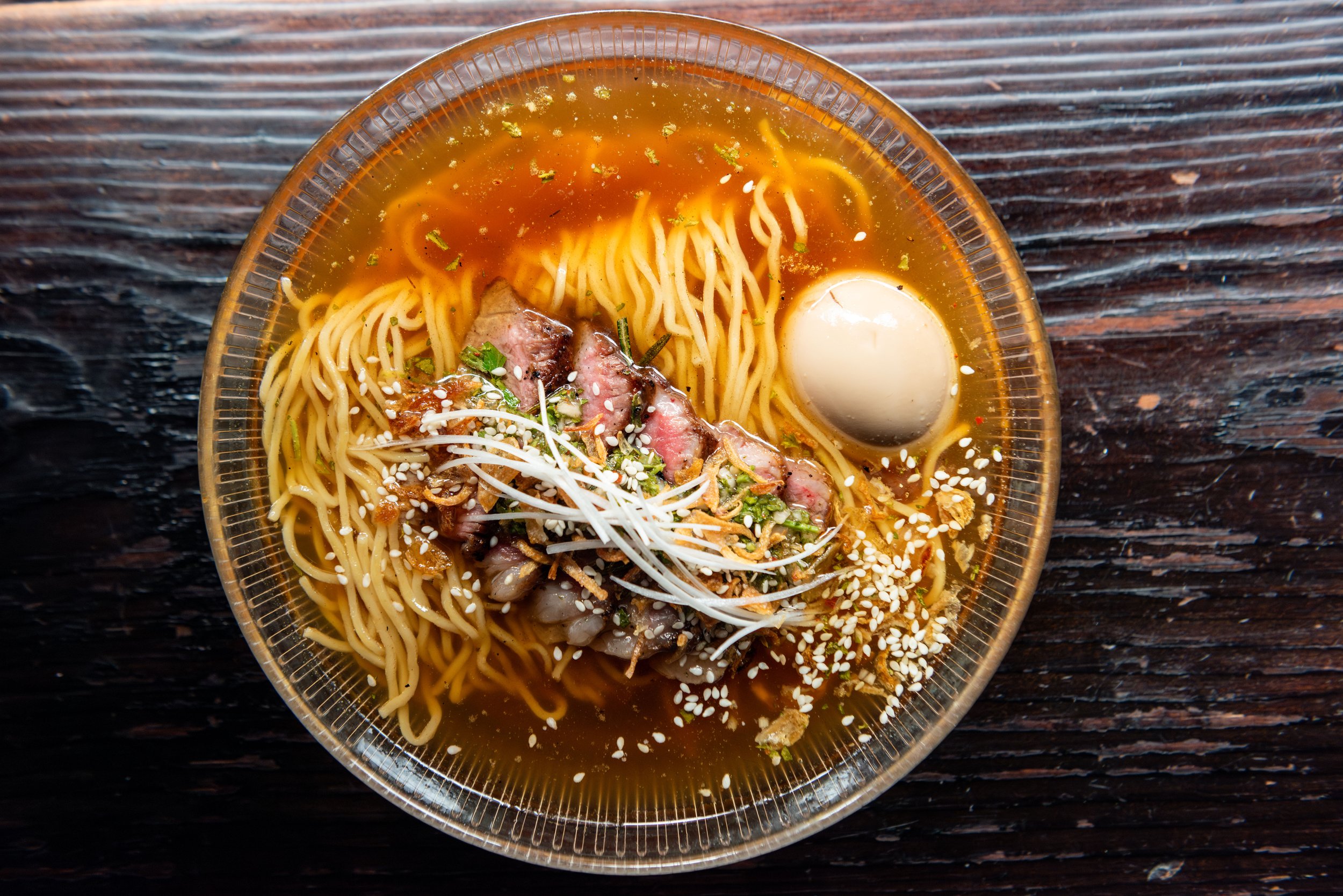Spice Life
Chef and Restaurateur Meherwan Irani’s spices are fresher than yours, and he’s here to help.
When was the last time you ordered coriander or caraway? How fresh are your fennel seeds— really? With the launch of Spicewalla, Chef, Restaurateur, and Entrepreneur Meherwan Irani hopes to freshen up and maximize chefs’ spice racks. “There’s no other ingredient on the planet that has the ability to change the flavor of food like spices,” says Irani. “Spices transform the simplest of ingredients into something spectacular.”
Irani found his way to cooking in 2008, after a career in real estate development fizzled with the recession. His first restaurant, Chai Pani, was born in 2009 and brought Indian street food to downtown Asheville, North Carolina. Soon after joining the industry, Irani began to realize that, for many chefs, cooking with spices was exotic, and that most of them didn’t know how to use them or extract optimal flavor. “Think of them as a perishable product, not a staple. It’s not rice, it’s not salt, it’s not lentils. It has a shelf life,” says Irani. “Spices get their flavor from essential oils. When the spice gets stale, the oils either get rancid or become degraded and lose volatility.”
After expanding his business to Georgia with Chai Pani in Decatur and Indo-Persian Botiwalla in Atlanta’s Ponce City Market, Irani and his team decided to share their passion for spices with the restaurant community through Spicewalla, launched in late 2017 in partnership with wholesaler Southern Foods.
In the heart of Asheville’s River District, Irani’s factory imports spices from all over the world. His team lightly roasts them in small batches and ships them to 100-and-growing accounts across the country. Because they’re importing directly and understand restaurant margins, they offer spices at 10 to 15 percent less than most vendors, and in quantities (6, 32, and 64 ounces, and 1 to 2 gallons by special request) that make sense for chefs, brewers, charcutiers, ice cream makers, pitmasters, and distillers.
“Good quality spices and spice blends are the heart and soul of what I cook. It is often a challenge to fi nd fresh, high-quality spices and source them on a regular basis at a reasonable cost,” says Vishwesh Bhatt of Snackbar in Oxford, Mississippi. With Spicewalla now in the mix, that is no longer the case. They are a game changer."
Kale Pakoras: Kale, Chickpea Batter, Green Chutney, and Sweet Yogurt
Corn Bhel: Roasted Corn, Cucumber, Cilantro, Mint, Tomato, Onion, Corn Poha, and Cumin-Lime Dressing
Keep It Fresh
Shelf life: Whole spices have a substantially longer shelf life. Irani tries to use ground spices in 30 to 45 days and recommends grinding your own spices for maximum freshness.
Most volatile spices: Aromatic spices (cinnamon, saffron, cardamon, cloves) tend to lose fl avor quicker, especially if exposed to light or heat. Savory spices (whole peppercorn, dried chiles, cumin, fenugreek, coriander seeds, mustard seeds) tend to last much longer and regain fl avors when lightly toasted.
When to grind: For certain sauces and curries, Irani toasts and grinds spices just before cooking. For most applications, though, his team makes masalas once a month. If you need spices on the line, keep a small amount for service close by and the rest in an airtight container somewhere dark and room temperature.
How to store: Whole spices are OK in clear containers if they’re in a cool, dark place. For ground spices, you must keep them covered and cool. Irani uses a traditional masala dabba, a metal box with compartments, for daily ground spices.









